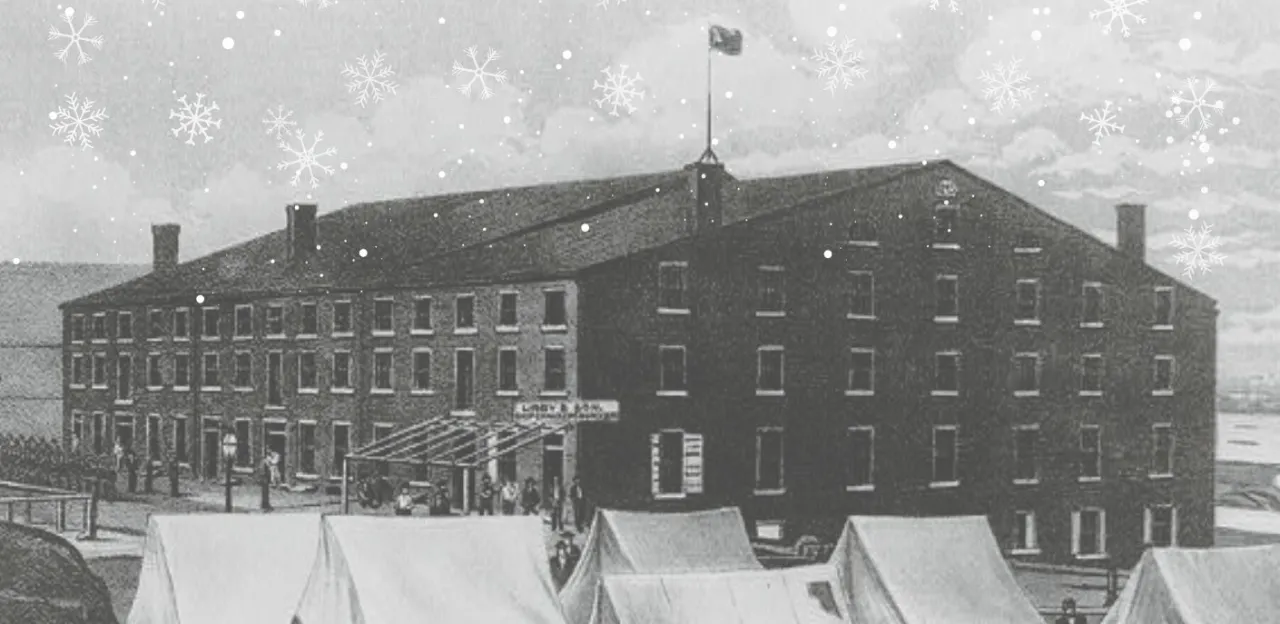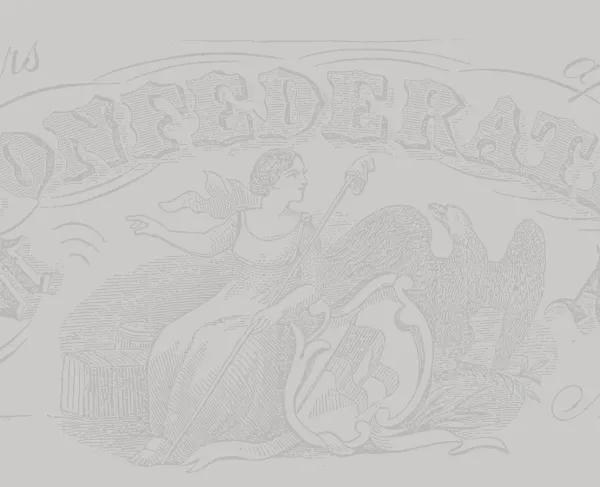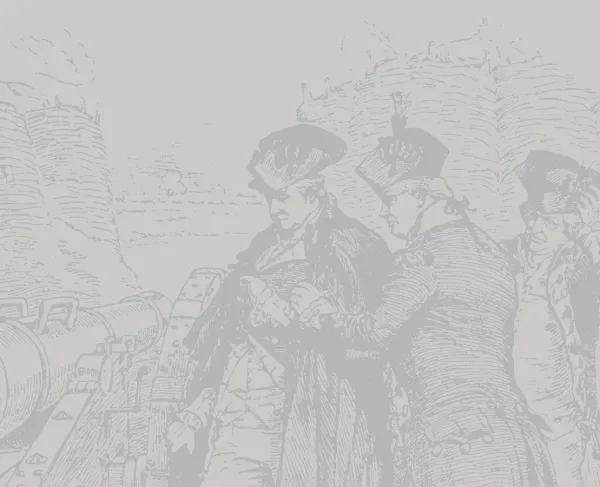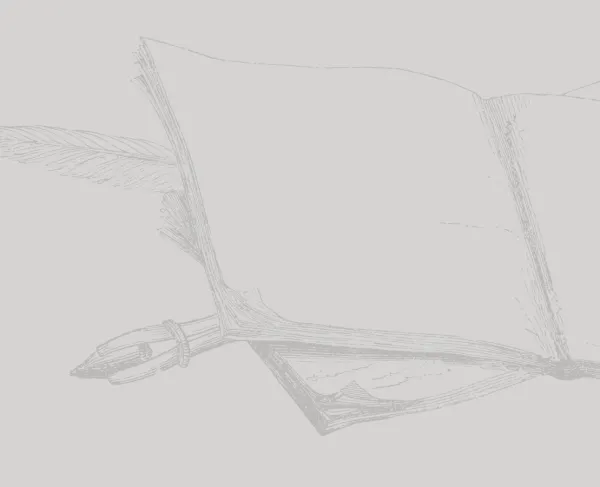Christmas at Richmond’s Libby Prison

Federico Fernández Cavada describes his holiday experience as a prisoner of war in December 1863. Hear more from Cavada, as he provides immense insight on his grim time at Libby Prison in his 1864 book, “Libby Life: Experiences of a Prisoner of War in Richmond, Virginia, 1863-64.”
Christmas! At that name, what pleasant visions come thronging to the prisoner’s mind, visions of home and the hearth. —of mince pies, plum-puddings and bon-bons, of Christmas trees and child-laughter, and pretty little rosy mouths, sweeter for the sugar-plums, puckering into Christmas kisses! What prison-thoughts, that laugh at the rebel bars and bayonets, go traveling by swift air lines, afar off into cozy cottages among the northern snows, and over the wide prairies into western homes; north, south, east and west—over the whole land; fond thoughts, winged with love-lightning!
The north wind comes reeling in fitful gushes through the iron bars, and jingles a sleigh-bell in the prisoner’s ear, and puffs in his pale face with a breath suggestively odorous egg-nog.
Christmas day! A day which was made for smiles, and not for sighs, —for laughter, and not for tears, —for the hearth, and not for the prison. The forms which I pass as I saunter up and down the low, gloomy rooms, are bowed in thought, and their cheeks are pale with surfeit of it; it seems very cruel, but the loving little arms that are felt twining about the neck, —the innocent laughing little faces that will peep out of the shadows, with sunbeams in their eyes, —the warm hands which grasp ours in spite of us, —all these must be thrust aside, and the welling tear-drop in the eye must be brushed away, and. . . tut tut! What's in a uniform, after all, if the soldier can-not make his brain as thread-bare as its sleeve, nor his heart as hard as its buttons!
There is a group in a dusky corner that I can see from here: some one is playing “Home, sweet home!” on a violin. It is a very dismal affair, this group: the faces are all sad, —no wonder, for the tune is telling them strange, wild things: there are whispering voices in its notes: I see that one by one the figures stroll away, and that they all seem to have discovered something of unusual interest to look at, out of the windows.
I am invited out to-day to a Christmas dinner. Good! There is not much inducement left for phantasmal visitations, after a hearty meal. When I say I am invited out, I mean over there in the north-east corner of the room: I shaved my face, and combed my hair, this morning, for the occasion. I am promised a white china plate to eat from!
When I arrive at the north-east corner, I enquire after my host, who is not present. I am informed that he is down in the kitchen, stewing the mutton(!) There he comes, in a violent perspiration, with a skillet in one hand and a tea-pot in the other.
There are four of us, —the dinner is excellent, —I have never tasted a better, even at the Maison Dorée; the wine, not a very choice, of course, —it is put down on the bill of fare as “Eau de James, couleur de boue.”
It is true that the table is made from a box, that the table-cloth is a towel, and that I was requested to bring with me my own fork and spoon; but it is a decidedly recherché and ceremonious affair, notwithstanding; my host is polite and elegant to a fault.
After dessert, having stepped over to my “house” for my pipe, which I had forgotten in the excitement of making my toilet (an absence of mind probably due to my having combed hair,) I return with unexpected celerity, and I find my host, and the two other guests, with their sleeved rolled up to the elbow, scouring the kettles, and washing up the dishes!
So Christmas-day passes away; there are many extra dinners gotten up, and numerous invitations to admired friends. Towards evening, the gloom has in a measure passed off from most of the faces; there is some laughing, and even cracking of jokes. A “ball” has been advertised to take place in the lower east room; an unusual array of tallow candles renders the room as clear as day —a cloudy day, at least; there is a great deal of sport and merriment, after a while, and a great deal of bad dancing; toes are trampled upon with impunity —hats crushed —trowsers torn; —but the violinist scrapes away with supernatural tenacity, and he is the best-natured man in the room, for he is a “fiddler” whom “nobody pays.”
At nine o’clock there is a loud cry of “lights out!” from the sentries; the ball breaks up; blankets are spread on the floor; and dancers, spectators, fiddler and all, are soon wrapped in the arms of the Libbyan Morpheus. Many strange visions are beheld; many pleasing dreams experienced; and many fond, familiar faces are photographed in that wondrous camera obscura which sleep makes of the dreamer’s brain.





